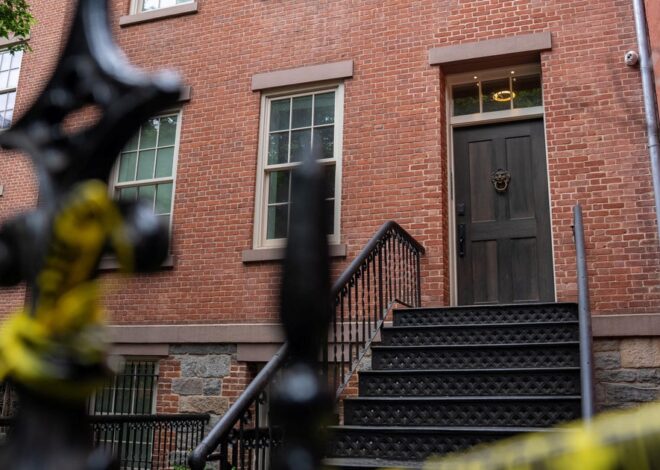
Members of Russian spy ring sentenced in UK case featuring hidden cameras, a love triangle, and “honeytraps”
Unmasking the Espionage Ring
The courtroom buzzed with anticipation on that Monday as the U.K. court handed down sentences to six Bulgarians convicted of being part of a Russian espionage cell. It was like something out of a “spy novel,” they said. As details unfolded, it seemed almost too dramatic to be real.
This group, described by investigators as one of the “largest and most complex” enemy operations uncovered on British soil, dealt in intrigue worthy of any thriller. Fake passports, hidden cameras, and secret chats about potential kidnappings painted a vivid picture. There was even talk of using “honeytraps”-a tactic often mentioned but rarely witnessed.
In terms of scale, the network’s operations crossed borders-touching places like the U.K., Austria, Spain, Germany, and Montenegro. This wasn’t just a local issue; it was international espionage with wide-reaching implications. The sums paid to these spies hinted at the value of their activities to Russia, the judge noted.
The tools of their trade? Hundreds of spy gadgets were seized from one operative’s property: devices cleverly concealed inside everyday items like rocks, ties, a Coke bottle, and even a Minions toy. A treasure trove of evidence emerged from Telegram messages on one member’s phone, shedding light on six distinct operations dating back to August 2020.
From Clandestine Chats to Arrests
One chilling message from ringleader Roussev offered resources for a potential abduction: “If you are serious about it, I have the resources to kidnap, drug him and lock him up in a secure cave.” It sent shivers down spines-this was more than cloak-and-dagger; it was tangible and dangerous.
Their activities posed a “real threat” to individuals and national security alike. As the sentencing hearing loomed, it became clear how close this operation had come to achieving its aims. Marsalek’s role as intermediary between Russian intelligence and Roussev added another layer to this intricate web.
Sentences were pronounced: eight years for some, nine years and eight months for others-each reflecting their involvement’s seriousness. But what did they do? The network engaged in surveillance targeting people and places critical to Russian interests. They even plotted dramatic actions like releasing pigs’ blood over the Kazakhstan embassy in London via drone or extracting mobile phone data from Ukrainian soldiers trained at a U.S. airbase in Germany.
Behind Closed Doors
A February 2023 raid revealed more than spy gadgets; it exposed personal betrayals. Dzhambazov was discovered with Gaberova despite his long-term relationship with Ivanova-a twist fit for tabloid headlines. Gaberova later testified she thought Dzhambazov was an Interpol officer battling brain cancer. Truths mixed with deception-the perfect backdrop for an espionage tale.
But beyond personal dramas were real-world impacts. For those targeted by these operatives, the revelation of being watched and having communications intercepted over time was unsettling-“terrifying, disorientating,” as one victim put it in an impact statement. The ripples of such activities touched not just national boundaries but also personal lives.
And there it was-a saga unraveled in courtrooms and across news outlets worldwide. Read more about international espionage on BBC News as authorities continue tackling threats beneath ordinary facades-a reminder that stories like these don’t always stay within book covers.



